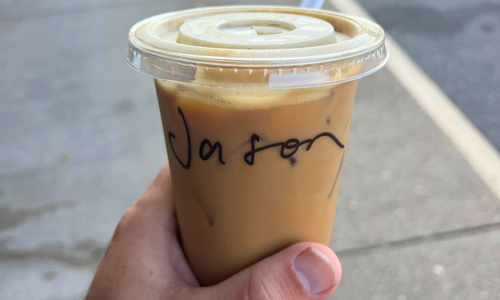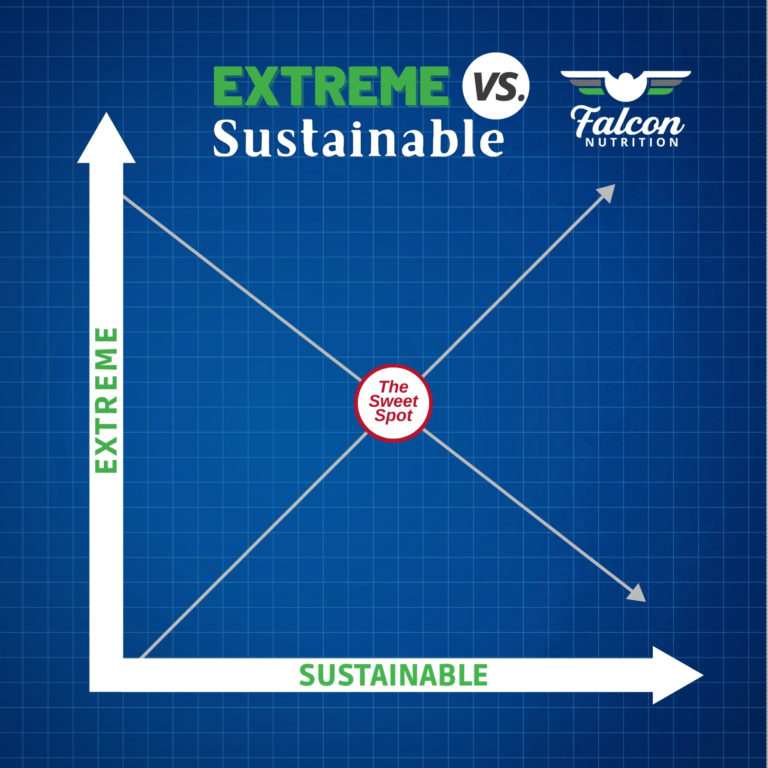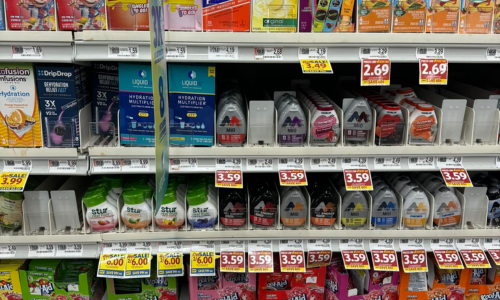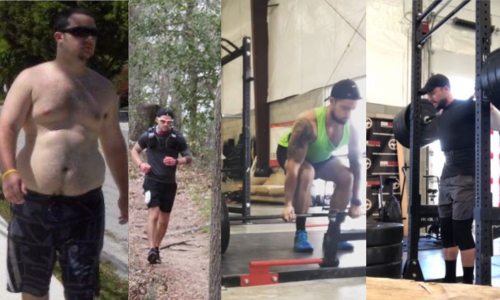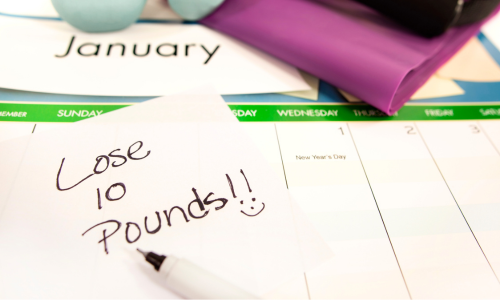“I don’t see tracking everything forever. Not sure how you do it.”
I don’t. I did, until I no longer needed to.
I hope most others don’t track forever either, unless they want to.
The idea of tracking, anything really, is to get a precise look at exactly what’s happening.
If you’re new to lifting and hire a trainer, they will likely take you through a few movement assessments to see how you move, what needs addressing, extra attention, etc.
If you’re trying to get out of debt, and hire a financial planner to help, they’ll likely ask you to track your spending and earning for a bit to take a closer look at things.
Learning to track our intake is the same.
Whether it’s calories or macros or food groups, my goal when I teach people to track, is to track well enough for long enough, to not have to track anymore.
Short term closer-look-at-things to build knowledge, change behaviors and choices, and program new movement patterns, spending, saving and earning practices, and food and amount choices.
When I had a lot of weight to lose, tracking taught me everything I needed to know to lose and then be able to maintain.
In this beverage’s case, the awareness I learned via spending time tracking taught me that almond milk and sugar free caramel are great ways to save calories on an iced latte I enjoy every week or so.
I couldn’t tell you how many grams of each macro this delicious drink has in it.
I’d estimate it at about 200 or so calories.
Take this example and multiply it out over every other food/drink choice I make, and you can see how small adjustments add up to HUGE differences in calories which add up to HUGE differences in our bodies.
If we approach a short term closer look at things as a method to build a new skill and internalize the knowledge and not with blinders on ignoring what it’s supposed to be teaching us, the long term gains are huge.
Knowledge that stays with you > blinders-on short term challenges.

